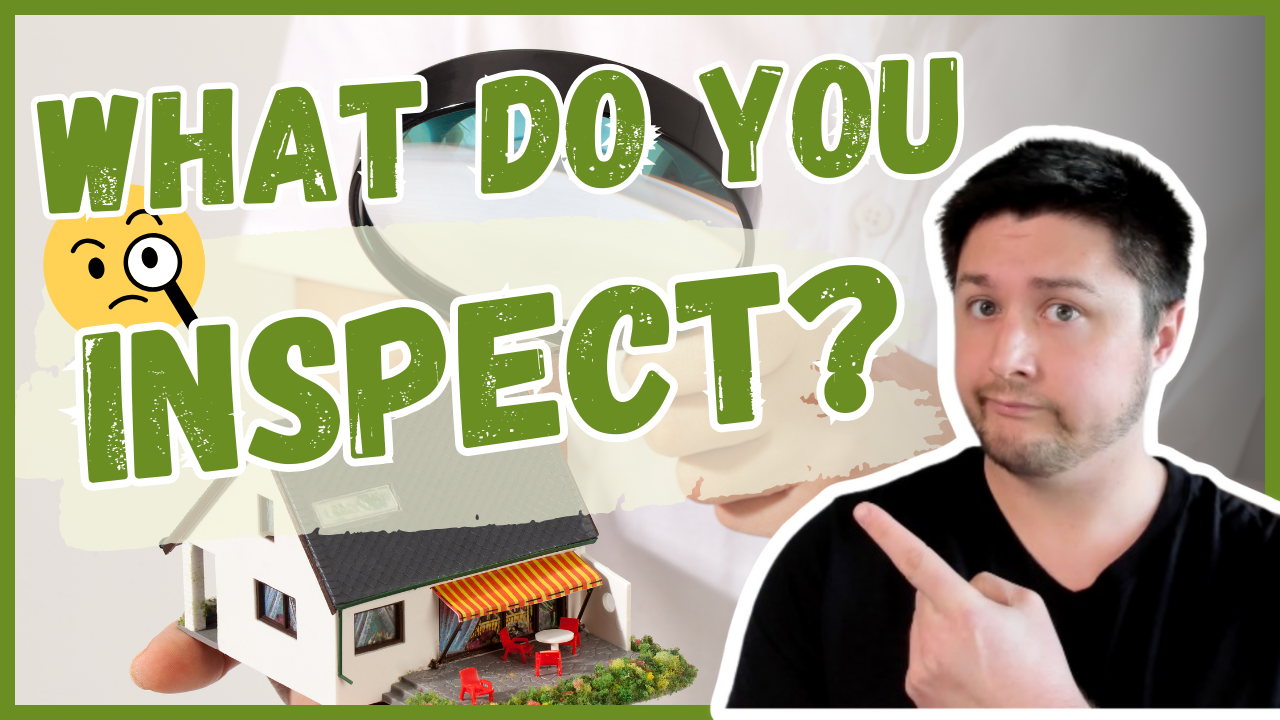Buying a home is exciting, but inspections can be nerve-wracking. To make sure your investment is sound, understanding the inspection process is essential. This guide breaks down what an inspector does, how to read inspection reports, and how to tell major issues from minor ones. Let’s explore what you need to know to approach your home inspection confidently.
Home Inspections: What to Expect
A home inspection is like a comprehensive health check-up for a property. Most inspections are performed by general inspectors who identify red flags in a home’s structure and systems. If needed, they will suggest that you consult a specialist for further evaluation, such as an electrician or plumber.
Think of your inspector as a general practitioner. They look at everything broadly and point out areas that need more attention. For example, they might notice an issue with plumbing, but only a licensed plumber can evaluate the severity and cost.
Common Types of Inspections and Costs
In the Portland area, buyers often encounter several types of inspections. Here’s what you should know:
- General Home Inspection
- Cost: $400–$600 (depends on property size)
- Details: This inspection covers the home’s major systems and overall structure.
- Sewer Scope
- Cost: $140–$175
- Details: A camera inspects the sewer line for proper connection and damage. This test helps prevent surprises with sewer repairs down the line.
- Radon Testing
- Cost: Often included in general inspections or available as an add-on
- Details: Radon is a naturally occurring gas. It can accumulate, especially in basements. Proper ventilation helps keep radon levels safe.
- Oil Tank Inspection
- Cost: $125–$150
- Details: Older homes may have underground oil tanks. These need decommissioning to prevent environmental risks.
- Septic Inspection
- Cost: Varies; the seller may cover pumping costs for inspection
- Details: If a home isn’t connected to city sewage, a septic inspection checks that the system works properly.
Common Issues Found During Inspections
Inspections often reveal issues. Understanding what’s critical versus cosmetic helps you navigate this stage smoothly. Here are common findings:
- Mold
- Mold is typical in the Pacific Northwest due to the wet climate. Professional mold remediation can fix the issue, provided the moisture source is corrected.
- Water in the Crawl Space
- This issue can be resolved with French drains and sump pumps. Water damage is serious, so addressing it promptly is key.
- Dry Rot
- Dry rot weakens wood. Small areas can be managed with targeted repairs. However, extensive dry rot requires immediate attention.
- Rodent Infestations
- Rodent problems are fixable. Sealing entry points and setting traps usually solve the issue. The cost can range from $800 to $1,000 over several months.
- Structural Concerns
- Vertical foundation cracks usually mean normal settling. However, horizontal cracks or diagonal ones around windows and doors may indicate a more serious issue.
Key Systems to Evaluate
During your inspection, certain systems deserve special attention:
- Plumbing: Inspectors will check copper, PEX, galvanized, and PVC pipes. Galvanized pipes, for example, corrode from the inside out and may need replacement.
- Electrical: Watch for outdated wiring like knob-and-tube, which poses fire risks. Also, check the electrical panel. Older panels, such as those from Federal Pacific, can have a higher chance of failure.
- Roof: The most common types are asphalt shingles, metal, and clay tiles. Asphalt roofs last 20–30 years, while metal can last up to 100 years.
- HVAC System: Make sure to check the age and efficiency of the system. A new HVAC system is a plus, especially during Portland’s hotter months.
Negotiating After the Inspection
Inspections often open the door for negotiations. Major issues, like a damaged roof or significant plumbing problems, can become points for discussion. However, don’t expect sellers to cover cosmetic upgrades or major remodels. Those responsibilities typically fall to the buyer.
Final Takeaways
A home inspection report can be overwhelming, but it’s an invaluable resource for understanding your investment. Prioritize issues based on their urgency and importance. Remember, every home, whether new or old, requires maintenance. Setting aside part of your budget for repairs and upkeep can help you manage these expenses smoothly.
Have questions or need help navigating the home-buying process in Portland? Reach out anytime. I’m here to ensure everything goes as smoothly as possible.
For more insights, watch the video: Navigating Your Home Inspection: Key Areas to Focus On

